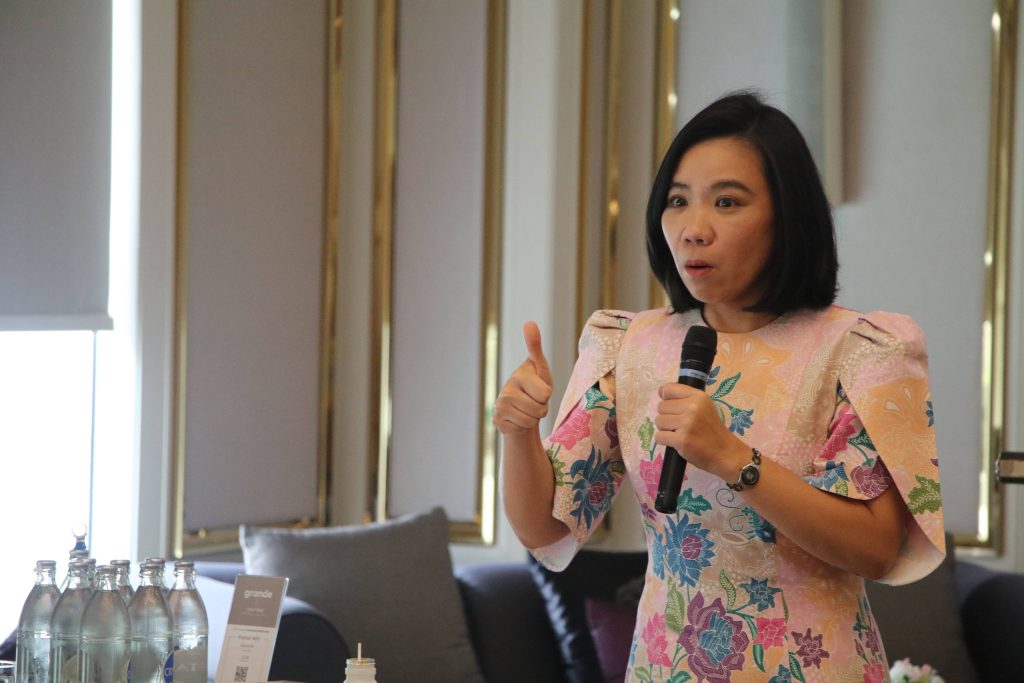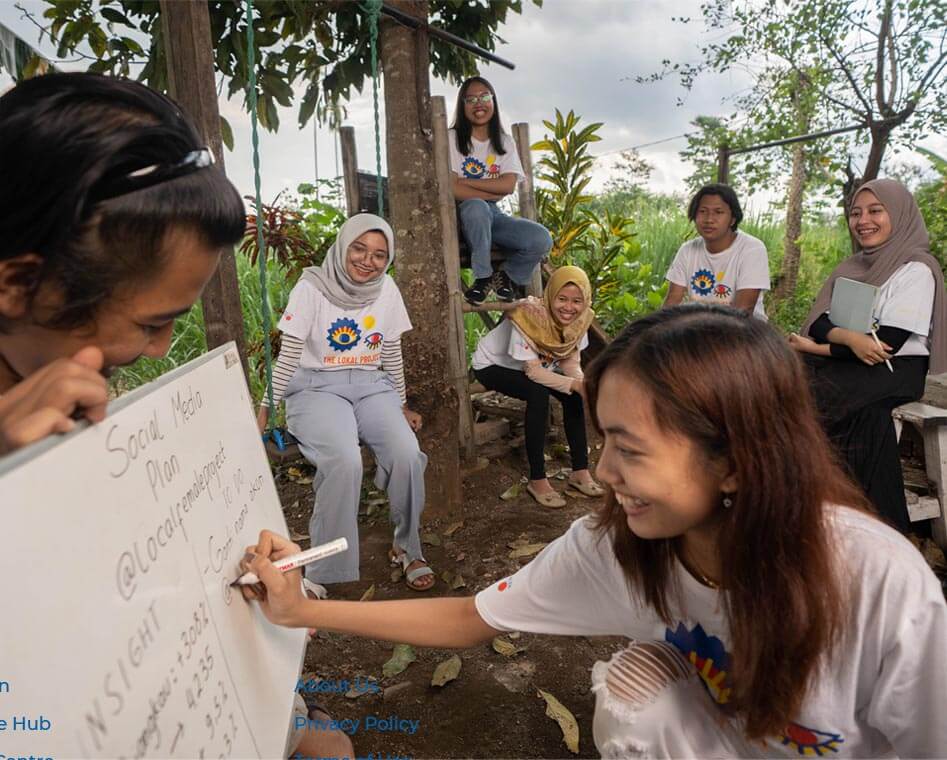National Workshop on Gender Equality and Women Empowerment for the Localisation of WPS Agenda and SDG 5 for National and Provincial Authorities

Event Type: Workshop
Date: May 13, 2025 to
Venue: Bangkok
Thailand has legally advanced women’s rights and gender equality by ratifying the Convention on the Elimination of All Forms of Discrimination Against Women in 1985 and its Optional Protocol in 2000; endorsing the Beijing Platform for Action in 1995; and committing to the Sustainable Development Goals (SDGs) in 2015. Thailand has made significant efforts to integrate international principles and instruments into legislation and policy, as is evident in the Constitution of the Kingdom of Thailand B.E. 2560 (2017), which clearly specifies that “men and women shall enjoy equal rights.” The Gender Equality Act 2015 established a committee to Promote Gender Equality through legal policies and mechanisms. In addition, the National Action Plan on Women Development 2023-2027, by the Ministry of Social Development and Human Security, sets out goals, objectives and targets in gender equality, which will be steering tools for effective budget allocations.
UN Security Council resolution 1325 (UNSCR 1325), unanimously adopted in October 2000, stressed the importance of the equal participation and full involvement of women in all efforts to maintain and promote peace and security. In the years since, nine additional resolutions on WPS have been adopted. That created a robust framework for implementing the WPS agenda and reinforced global, commitments, treaties and conventions on women’s rights, including the 1979 Convention on the Elimination of All Forms of Discrimination Against Women (CEDAW) and the 1995 Beijing Declaration and Platform for Action.
In Thailand, a number of Thai women have hold executive roles in the public and private sectors, However, they are generally still underrepresented, especially in the parliament, government, judiciary and administration both at national and local levels. Women account for only 23.9 per cent of high-ranking civil servants, and gender equality in senior leadership positions has risen by just 3 per cent in the last 15 years. In rural areas, many women in Thailand remain affected by poverty, discrimination and exploitation. They are largely concentrated in insecure and vulnerable jobs in the informal sector, including in agriculture and small family-owned businesses, with only a small minority in senior positions. Many women in rural areas, however, are not able to benefit fully from progress in information technology as the number of internet users in rural areas are on the low side and online business skills need to be improved.
UN Women and Ministry of Social Development and Human Security (MSDHS) has partnered to bolster the collaborative efforts in promoting gender equality and advancing women’s empowerment in the country. This will be achieved through one of co-organised activities including capacity development workshops tailored for national and provincial authorities or stakeholders.
UN Women, in partnership with the Ministry of Social Development and Human Security (MSDHS), will host a capacity development workshop titled “National Workshop on Gender Equality and Women’s Empowerment for the Localisation of the WPS Agenda and SDG 5 for National and Provincial Authorities”. The workshop is designed to provide participants with a comprehensive introduction to gender equality and women’s empowerment (GEWE), the Women, Peace and Security (WPS) Agenda, and the Sustainable Development Goals (SDGs), with a particular focus on SDG 5. Topics will include gender equality, the WPS agenda, gender-responsive budgeting, and climate change. The aim is to equip national and provincial authorities from the Ministry of Social Development and Human Security with the knowledge and skills needed to better understand gender dynamics, localise the WPS agenda and SDG 5, and effectively address related needs and challenges.
OBJECTIVES
- Provide participants with a comprehensive overview of gender equality and women’s empowerment (GEWE) principles and practices.
- Introduce participants to Women Peace and Security (WPS) Agenda and guide them in localizing this agenda at both national and local levels.
- Introduce participants to the Sustainable Development Goals (SDGs), with a focus on SDG 5, and guide them in localizing this goal at both national and local levels.
- Deepen participants’ understanding of gender dynamics, including the significance of gender-responsive budgeting and climate change, and equip them with practical skills, tools, and strategies to incorporate gender-responsive approaches into their daily work.
- Raise awareness and understanding among national and local authorities regarding the importance of gender equality and its intersection with gender-related issues.

